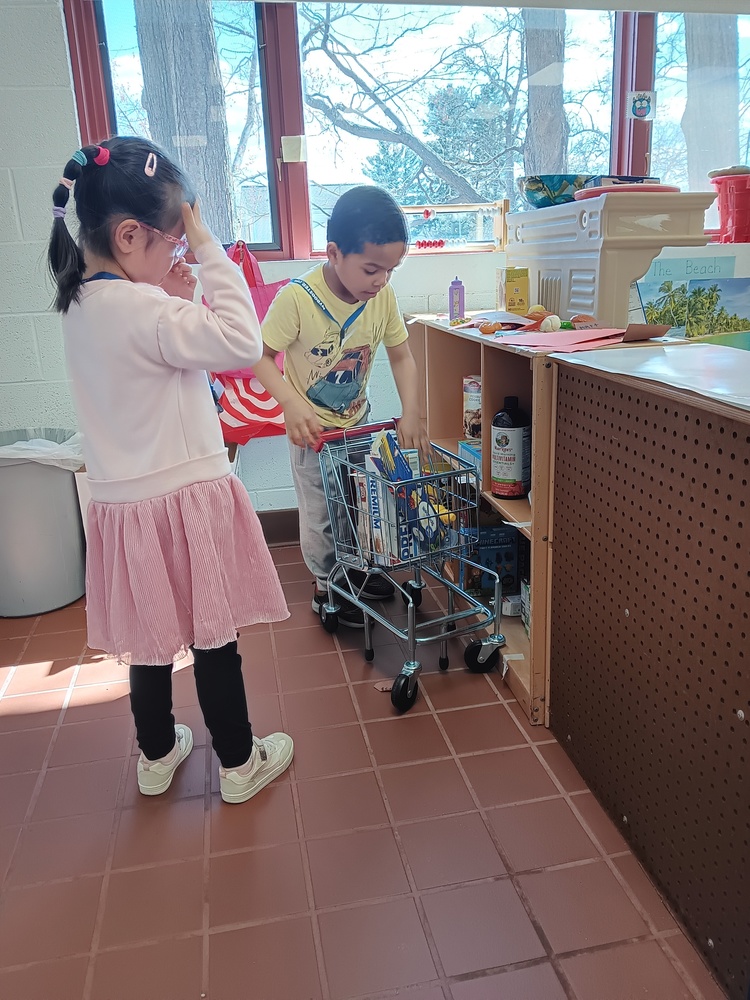Kindergarten students at Farm Hill Elementary School are turning their classroom into a bustling grocery store, thanks to the innovative teaching methods of Mrs. Bredefeld and Ms. Carducci. The two educators have designed a play-based learning project that not only captures the students' imaginations but also supports critical skills development in math, communication, and social interaction.
The project, which transforms the classroom into a fully functioning grocery store, aims to immerse young learners in real-world scenarios while reinforcing academic concepts in a fun and engaging way. “Play-based learning is a powerful tool,” says Mrs. Bredefeld. “It encourages creativity, collaboration, and problem-solving, all while helping students develop a deeper understanding of subjects like math, language, and even social studies.”
A Hands-On Learning Experience
The "Farm Hill Grocery Store" allows students to take on different roles, from cashiers to customers, as they navigate a mock shopping experience. Students create shopping lists, set up product displays, and practice using play money for transactions. In the process, they learn about numbers, counting, addition, and subtraction—skills that are vital in early education.
Building Communication and Social Skills
Beyond math, the grocery store role-play also serves as a social and communication booster. As students take on different roles, they practice interacting with their peers, using polite language, negotiating, and solving problems. This aspect of the project helps children develop key interpersonal skills such as turn-taking, teamwork, and conflict resolution.
“The students are not just learning about numbers; they’re also learning how to work together,” explains Mrs. Bredefeld. “The store requires cooperation and clear communication. They have to share resources, help each other out, and even make decisions as a group.”
Looking Ahead
The grocery store project is just one example of how Farm Hill Elementary’s Kindergarten program uses play-based learning to foster creativity, curiosity, and critical thinking. Both Mrs. Bredefeld and Ms. Carducci are excited to continue using play to support their students’ academic and social development. “It’s incredible to see how the students are engaged, how much they’ve learned,” says Mrs. Bredefeld.
As the project continues, the students will refine their roles, add new elements to the store, and deepen their understanding of the world around them—all while playing, exploring, and having fun.

